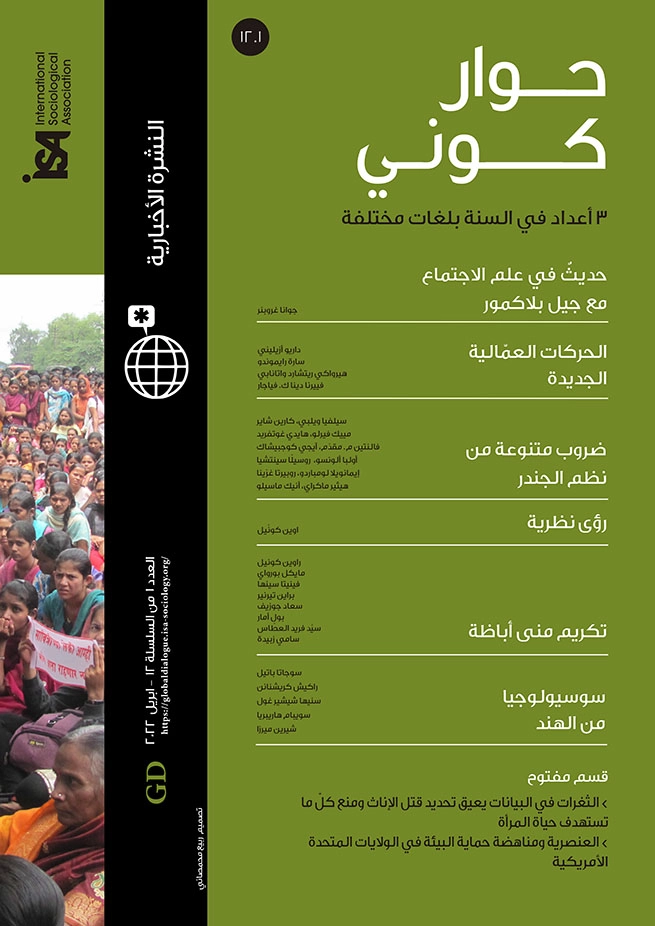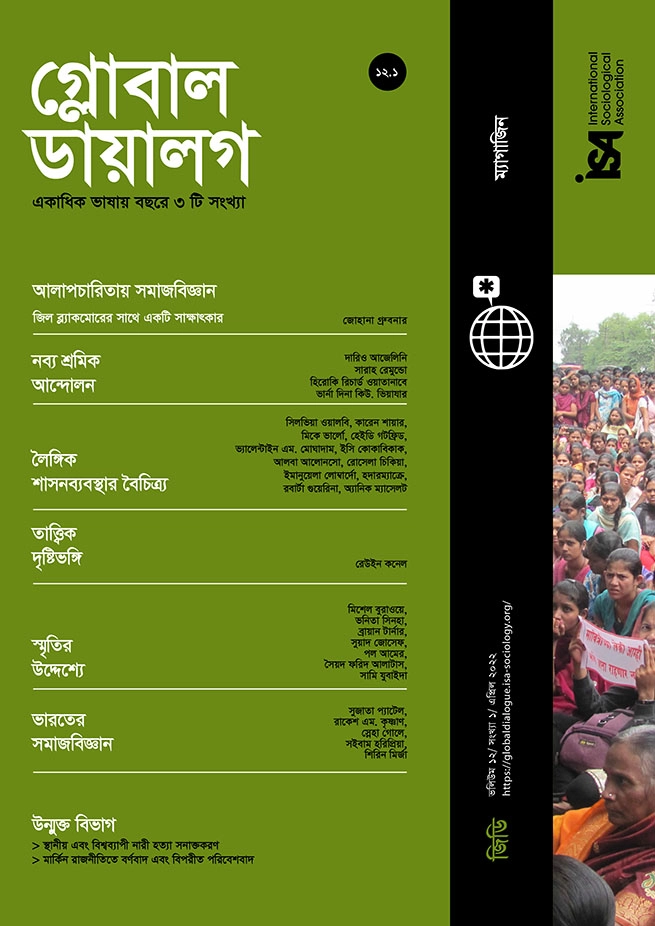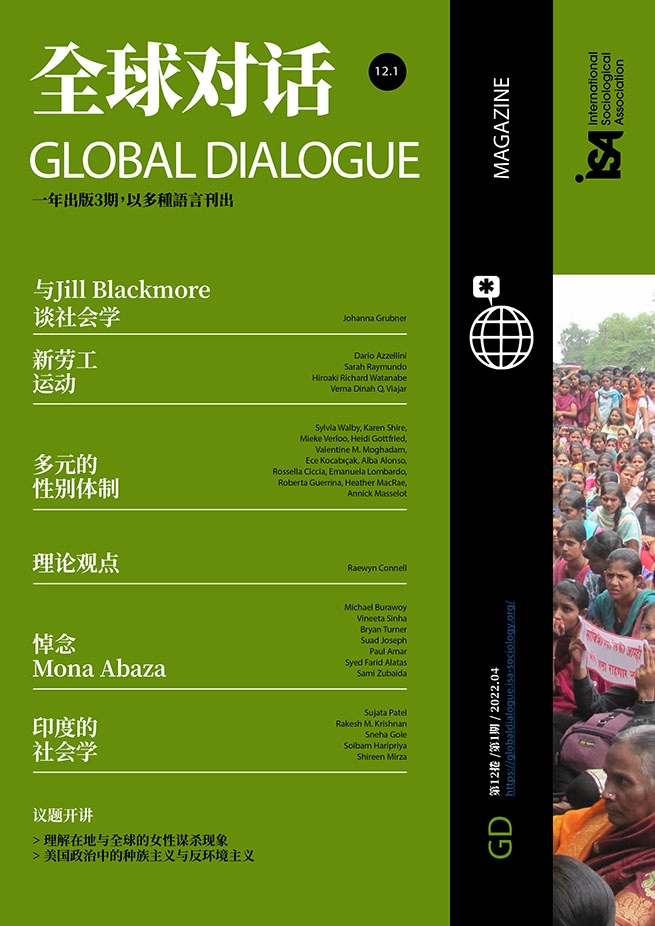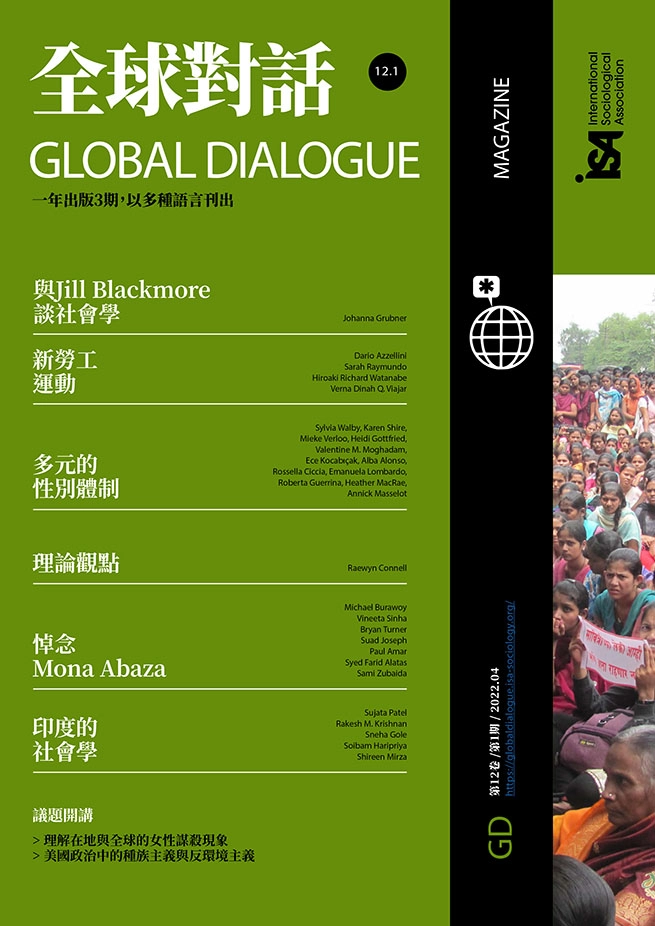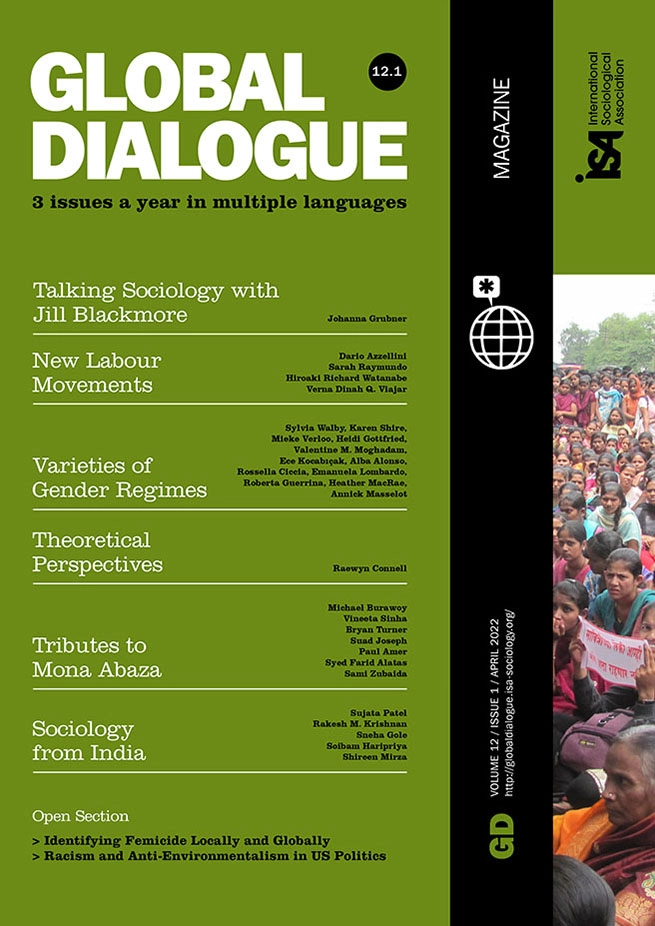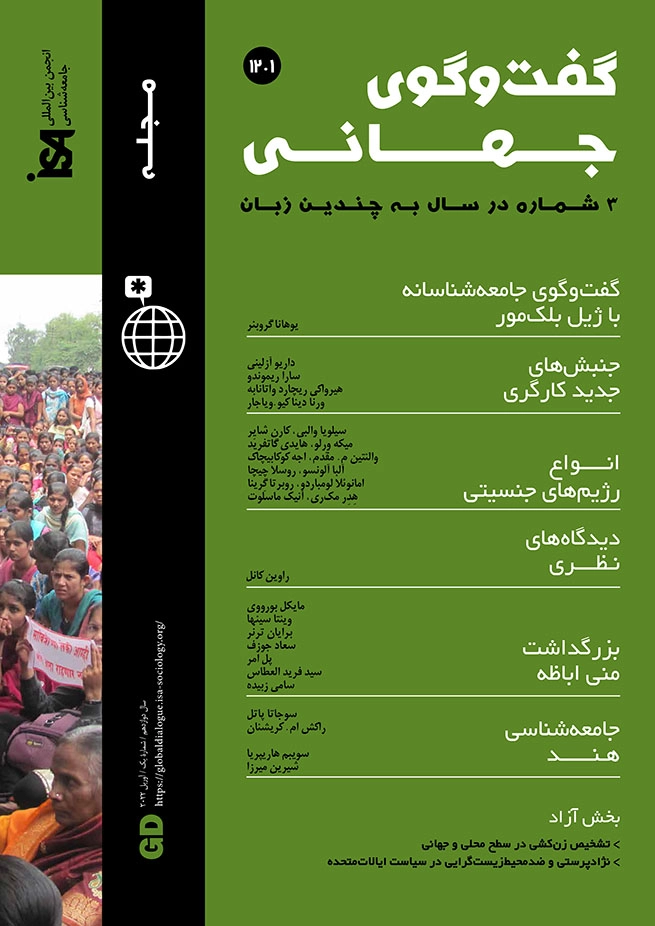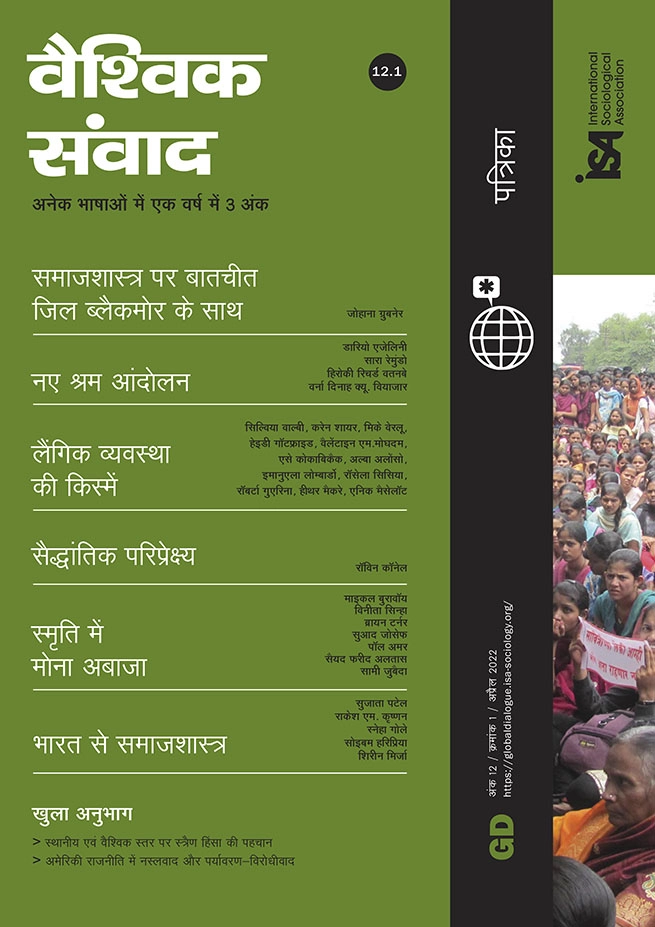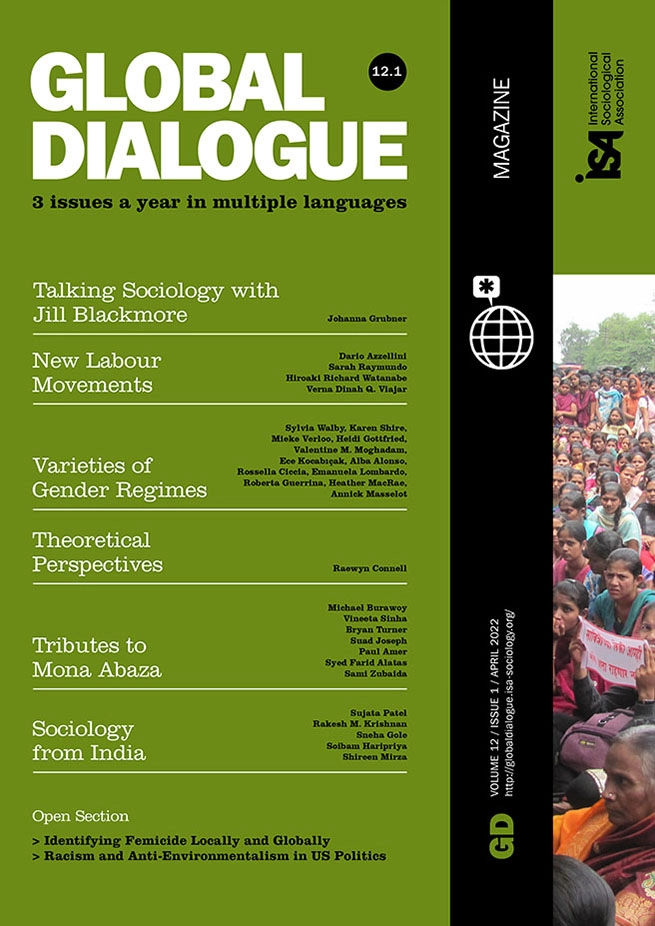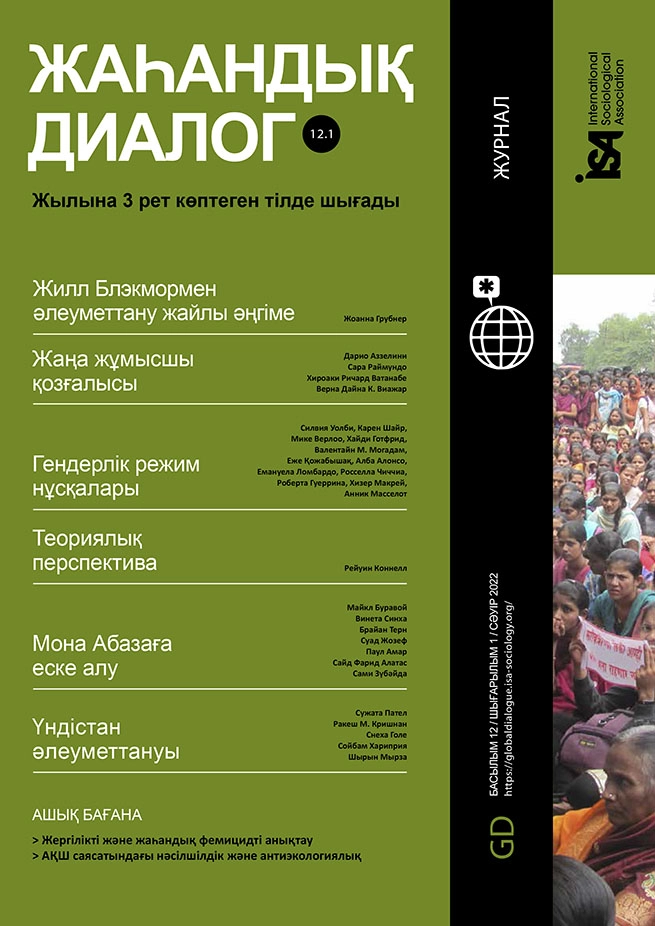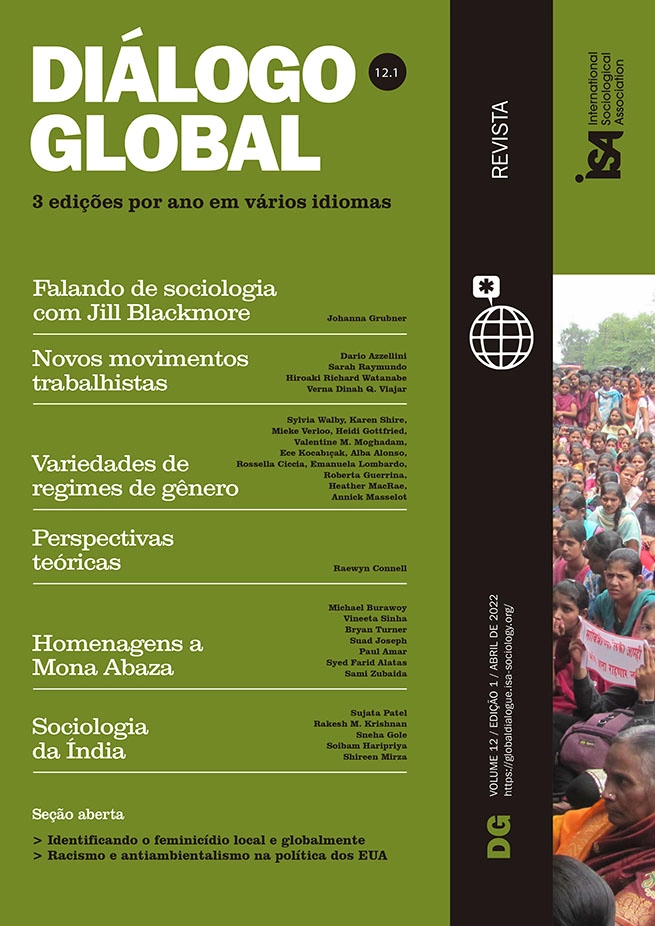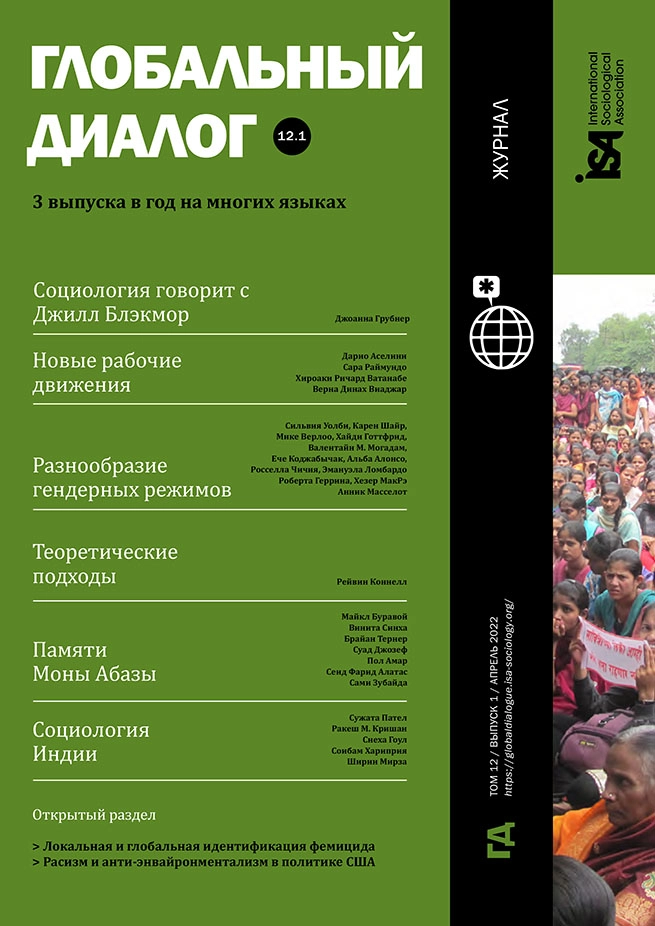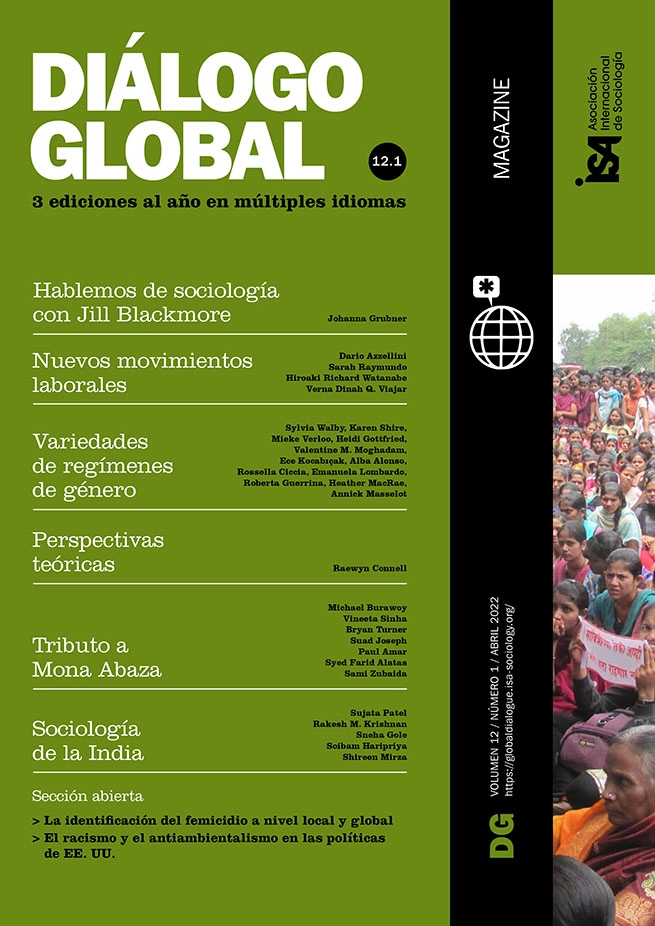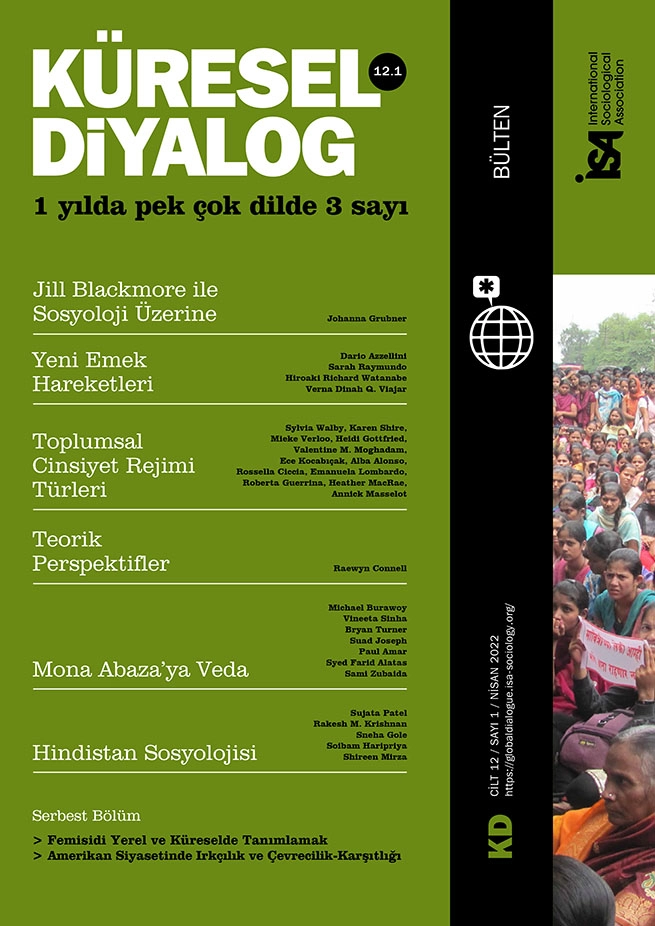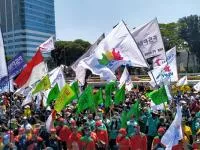Unions and Labor Market Deregulation in Japan
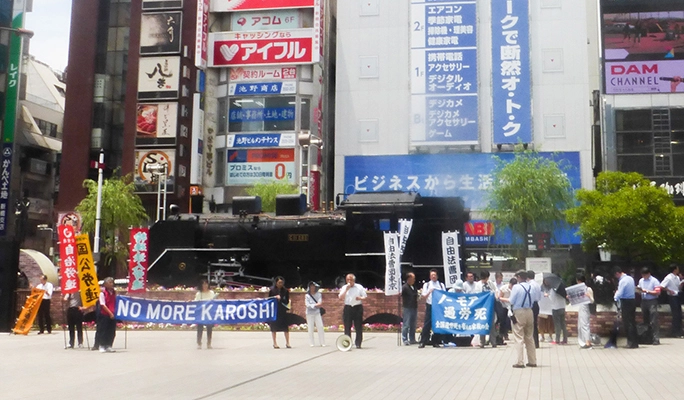
February 25, 2022
Japan has suffered from economic stagnation since the collapse of the bubble economy in the early 1990s. Japanese companies also have experienced intensified economic competition from neighboring East Asian countries. In response to employers’ demand for greater labor market flexibility to cope with this situation, the government of the Liberal Democratic Party (LDP) has implemented labor market deregulation since the 1990s by increasing its authoritarian tendency in the policymaking process. To implement neoliberal labor market deregulation, the LDP government has excluded labor unions from the policymaking process in several Cabinet councils.
Neoliberal labor market deregulation
With respect to deregulation of non-regular employment, the 1999 amendment to the Temporary Work Agency Law liberalized temporary agency work by allowing employers to use it widely, with only a few exceptions (including manufacturing). The 2003 amendment enabled employers to use temporary agency work in the manufacturing sector. Given its importance in the Japanese economy, this amendment was significant. Most recently, the 2015 amendment enabled employers to use temporary agency work without any time limit if employers change temp workers every three years.
Due to the implementation of neoliberal labor market deregulation, the number of non-regular workers has increased; the current percentage of non-regular workers among total workers is almost 40%. Their employment security is low, as seen in the many dismissals during the global financial crisis in 2007-8, and most recently during the coronavirus pandemic. Their working conditions are poor, as characterized by low wages, insufficient access to social security, and so on.
Although regular workers are more protected, their working conditions have become poorer in terms of wages, work hours, and so on. For example, the LDP government relaxed work-hour rules by expanding the use of “discretionary work” with the 1998 and 2003 amendments to the Labor Standards Law. Regular workers in this category are supposed to have discretion in how to spend work hours but are not entitled to any overtime pay except when working on weekends and national holidays and late at night. While these regular workers are supposed to have job autonomy in terms of work hour allocation, this is often not the case. Instead, the expansion of discretionary work has enabled employers to use regular workers more flexibly and pay lower salaries.
Most recently, the LDP government introduced ‘”highly-professional work” in the 2018 Work-style Reform. Highly-professional work is further deregulation of work-hour rules, and regular workers in this category are not entitled to overtime pay under any circumstances. While the Work-style Reform also introduced the maximum legal limit on overtime work, the limit is still high (80 hours per month on average in any six months), and it is unlikely to significantly reduce the number of karōshi (death by overwork) and karō jisatsu (suicide due to mental health problems caused by overwork). Regular workers have also been under the continuous threat of being replaced by an increasing number of non-regular workers. This has enabled employers to put regular workers under pressure to work harder in poor conditions.
Labor unions and deregulation
The neoliberal labor market deregulation implemented by the LDP government has also undermined the power of labor unions by increasing the number of non-regular workers, as it is more difficult for labor unions to organize non-regular workers. This has contributed to declining union density, which is currently at around 17%. The loss of access to the policymaking process in several Cabinet councils, as mentioned above, has also reduced the power resources of labor unions.
In addition, the conflicts of interest in labor market deregulation among unions have contributed to the decline in their power resources. Mainstream enterprise unions in internationally competitive sectors such as automobile and (until recently) electronics have not necessarily opposed labor market deregulation. These unions have often formed cross-class coalitions with management to maintain the international competitiveness of their companies in order to protect the jobs of regular workers at the cost of non-regular workers. As a result, they have been indifferent to the work precarity of non-regular workers and the poor working conditions of an increasing number of regular workers, such as illegal dismissal, non-payment of salary, and long working hours.
In contrast, individually-affiliated unions, which any individual workers can join irrespective of their company affiliation, have fought more aggressively against employers to represent the interests of individual workers who suffer from work precarity and poor work conditions. These unions represent the interests of non-regular workers and regular workers in small- and medium-sized enterprises (SMEs) who are not organized by enterprise unions; they aim to resolve individual labor disputes. However, the power resources – both human and financial – of individually-affiliated unions are much fewer than those of enterprise unions.
To compensate for a lack of power resources, some individually-affiliated unions have engaged in “social movement unionism” by forming coalitions with civil society organizations. For example, Shutoken Seinen Union (SSU, Tokyo Metropolitan Youth Union), an individually-affiliated union specialized in representing the interests of young workers, participated in a campaign called “Fight for 1,500 yen” organized by a civil society organization, Aequitas (meaning “fair” in Latin), to urge the government to raise the minimum wages for the working poor. However, such coalitions are often on an ad-hoc basis and are not institutionalized enough.
Individually-affiliated unions have also attempted to exercise political agency in the form of political lobbying, policy proposals, mass protests, and so on. For example, SSU made policy requests to relevant ministries such as the Ministry of Health, Labor and Welfare to improve the work conditions of young workers in terms of such things as minimum wages, job protection, and working hours. However, with a small number of exceptions, the political actions of individually-affiliated unions have hardly had significant impact on the government’s labor policy. Individually-affiliated unions have had difficulty in organizing workers, as they usually recruit members on an individual basis through labor consultation rather than relying on conventional mass recruitment in the workplace. As a result, many individual workers still suffer from work precarity and poor work conditions.
Hiroaki Richard Watanabe, Ritsumeikan University, Japan, <hrwatana@fc.ritsumei.ac.jp>

